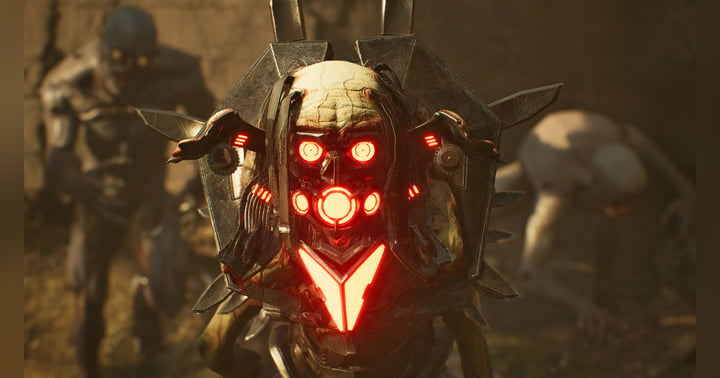Double Standards in Gaming: Sexualized Character Designs

In our latest podcast episode, we delve into the ongoing debates surrounding sexualization in video games, highlighting the glaring hypocrisies and double standards that permeate the gaming community. Join us as we examine the ramifications of these controversies on game development practices and explore the shifting perceptions of the industry as a whole.
The Hypocrisy of the Gaming Community
The gaming community has long been plagued by a contradictory stance on sexualized character designs. On the one hand, some gamers decry such designs as objectifying women and promoting harmful stereotypes. On the other hand, others defend these designs as harmless artistic expressions and a reflection of the game's setting or genre. This duality highlights a profound inconsistency in the community's values and beliefs.
Moreover, the selective outrage that often accompanies these debates exposes further hypocrisy. When female characters are sexualized, the outcry is often deafening, while similar treatment of male characters elicits little to no response. This disparity reveals a deep-seated bias that needs to be addressed. A prime example is the upcoming title Stellar Blade a PS5 exclusive that despite phenomenal gameplay, was mainly scrutinized for the appearance of its female lead Eve.
Labeled as "unrealistic" and typical sexualization of the female body, Stellar Blade turned many heads for all the wrong reasons. However, those who did proper research would realize that Eve was based on the 3D scan of a Korean model and Youtuber Shin-Jae Eun with work from one of the game's lead concept artists Jiyun Chae.
The Impact on Game Development and Industry Perceptions
The controversy surrounding sexualized character designs has had a significant impact on game development and industry perceptions. Game developers are now faced with a difficult choice: cater to the demands of the loudest voices and risk alienating a portion of their audience or maintain their artistic vision and face potential backlash. This dilemma has led to a chilling effect on creativity and innovation within the industry.
Furthermore, the perception of the gaming industry as a whole has been tarnished by these controversies. Games are often associated with violence, misogyny, and a lack of diversity. This negative image makes it difficult for the industry to attract mainstream audiences and gain respect as a legitimate form of entertainment. But we also can not pretend that the "sex sells" phrase doesn't hold weight for all media.
Conclusion: Moving Forward with More Understanding
To move forward as an industry, we need to foster a more nuanced and inclusive dialogue on sexualized character designs. It is essential to recognize the valid concerns surrounding objectification and harmful stereotyping while also valuing the artistic freedom of game developers. This requires a collective effort to challenge our biases and work towards a more balanced and progressive gaming culture.
By embracing diversity and inclusion in our games and, communities, we can create a future where gamers of all genders and backgrounds feel welcome and respected. Only then can the gaming industry truly thrive and reach its full potential.
Click here to listen to the related episode: The Struggles and Potential of Microsoft's Game Pass











